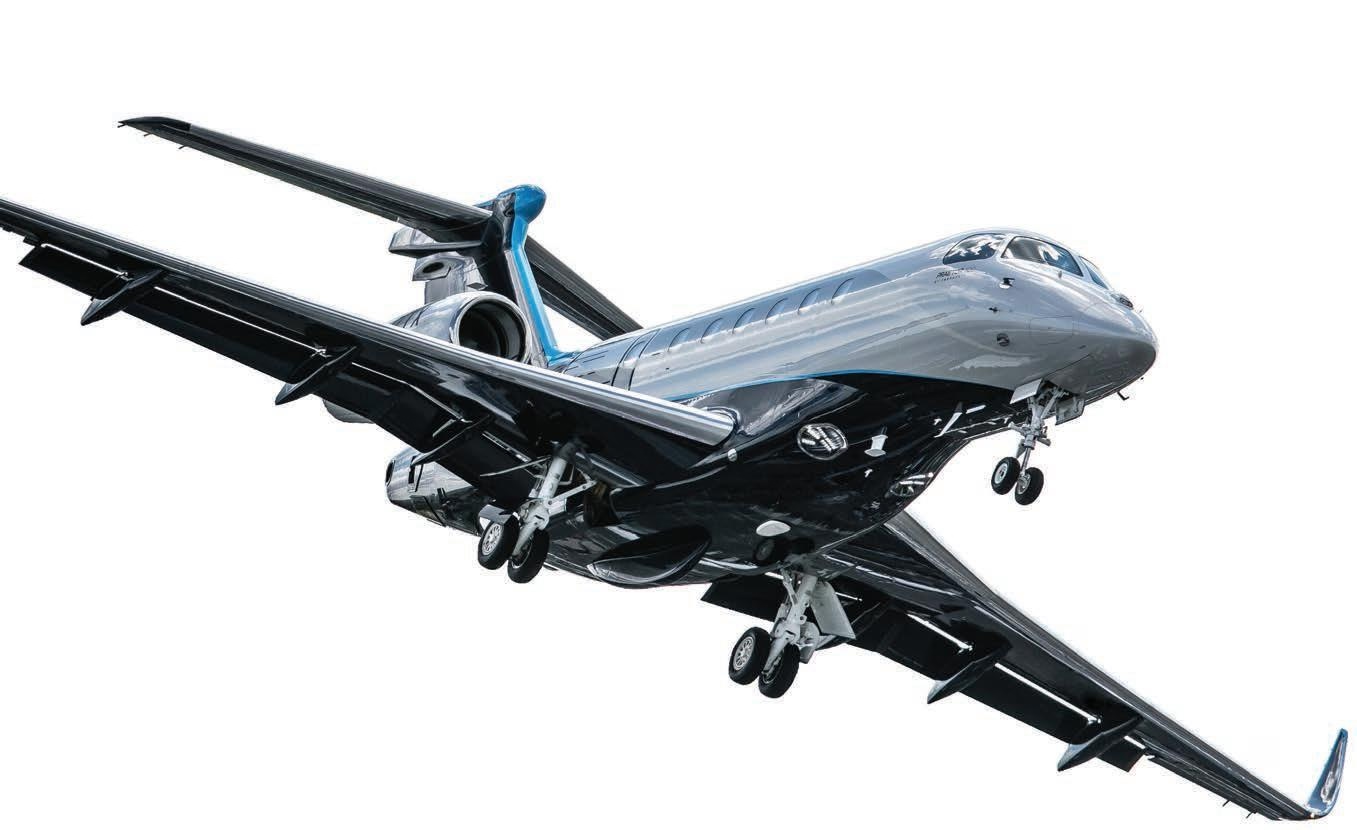أيروجيني — مساعدك الذكي للطيران.
الرائج الآن
Categories
Slow Aircraft Innovation Hampers Aviation’s Green Transition

Slow Aircraft Innovation Hampers Aviation’s Green Transition
Industry Leadership and Innovation Stagnation
Airbus and Boeing remain the dominant forces in the global aircraft manufacturing sector, collectively responsible for approximately 95% of future aviation emissions. Following Boeing’s recent financial difficulties, Airbus has emerged as the industry leader. However, over the past decade, Airbus’s investment in research and development has plateaued, even as shareholder dividends have surged dramatically—from €500 million in 2012 to €2.38 billion in 2024. Rather than capitalizing on its market position to drive transformative innovation, Airbus has concentrated on incremental improvements to existing aircraft models. The company has postponed its hydrogen-powered aircraft project and characterized its forthcoming jet fuel-powered design as “evolutionary, not revolutionary,” with no new model expected before the late 2030s.
This sluggish pace of technological advancement is not confined to Airbus alone. The broader aviation sector suffers from a lack of robust competition and insufficient policy incentives, resulting in a general stagnation in aircraft innovation. Airlines and energy providers are bearing the primary responsibility for decarbonization efforts, while manufacturers face limited pressure to develop more efficient, lower-emission aircraft. As industry expert Carlos López de la Osa observes, Airbus’s ambitions have shifted from launching new models every decade to merely refining existing designs. He argues that a strategic pivot away from prioritizing shareholder returns toward focusing on aviation’s decarbonization could enable Airbus to produce groundbreaking aircraft that reshape the commercial aviation market.
Challenges in Meeting Climate Targets
The airline industry remains committed to achieving net zero emissions by 2050. However, the slow uptake of sustainable aviation fuels (SAF) poses a significant challenge, threatening to increase ticket prices as airlines struggle to meet climate objectives without adequate support from manufacturers. Compounding this issue is the rising demand for business jets, which is expected to grow by 11% in 2025. Manufacturers are accelerating production of next-generation business jets, further complicating efforts to reduce overall emissions within the sector.
Policy Recommendations for Accelerating Green Innovation
To counteract the decline in aircraft innovation and support the aviation sector’s climate goals, Transport & Environment (T&E) calls on national and European Union policymakers to implement decisive measures. These include eliminating tax exemptions for aviation, which currently encourage manufacturers to continue producing aircraft powered by subsidized fossil fuels rather than investing in cleaner technologies. Additionally, establishing credible CO₂ emissions standards is essential to incentivize the design and manufacture of more efficient, lower-emission aircraft. T&E also emphasizes the importance of supporting innovative companies developing zero-emission aircraft and related infrastructure, thereby fostering competition and accelerating the adoption of disruptive green technologies.
Absent stronger policy interventions and a renewed commitment to innovation from manufacturers, the aviation industry’s transition to a sustainable future risks significant delays. This would hinder the development of cleaner, more efficient aircraft critical to meeting global climate targets by 2050.

Emirates Unveils Cabin Design for New Boeing 777X

Eighteen Years On, the Airbus A380 Remains Central to a $34 Billion Airline

How a boom in luxury airline seats is slowing down jet deliveries

Navitaire Outage Attributed to Planned Maintenance

DigiYatra Debuts Outside Aviation at India AI Impact Summit

Vietnam Orders Strengthen Boeing’s Commercial Outlook

Airbus Signals Uncertainty Over Future A400M Orders

JobsOhio Awards $2 Million Grant to Hartzell Propeller for Innovation Center

Collins Aerospace Tests Sidekick Autonomy Software on YFQ-42A for U.S. Air Force CCA Program

How the Airbus A350-1000 Compares to the Boeing 777
